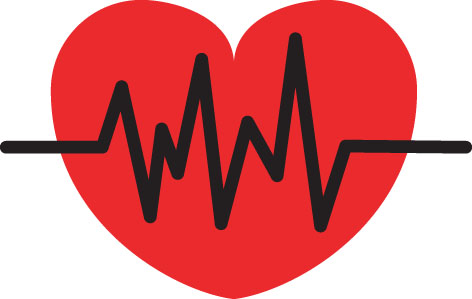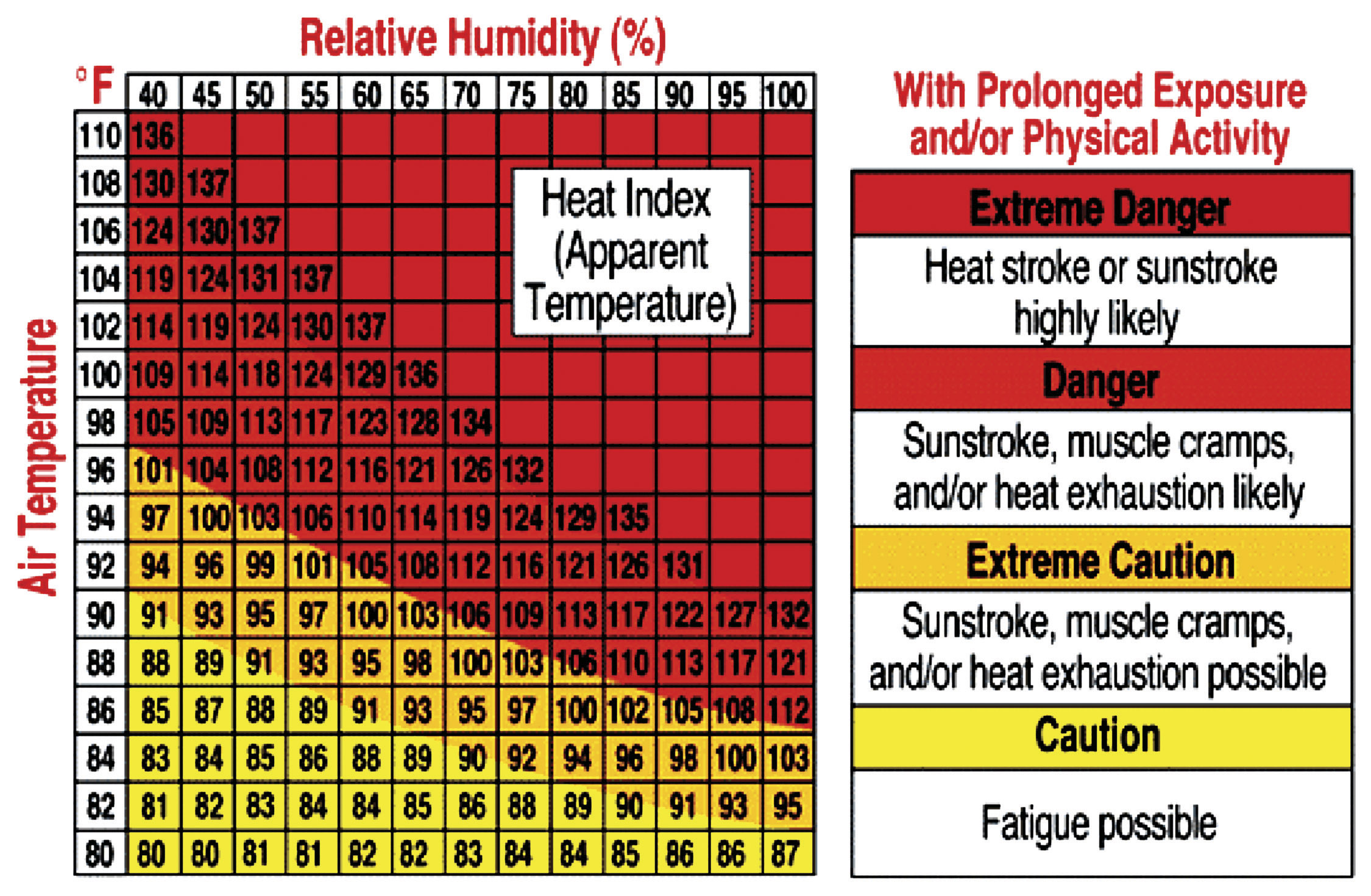Medical Emergencies
Automated External Defibrillator (AED)

AEDs are located in all buildings on campus, as well as several in Campus Police vehicles, Highlander Ranch and the Emergency Services Education Center. McLennan’s CERT members are trained in the use of AEDs. If a McLennan CERT member is not available, many other employees across campus are trained in the use of AEDs. If a suspected heart attack is occurring, call 8911.
Medical Transportation
- McLennan Community College WILL NOT assume payment for ambulance transportation.
- Individuals refusing transportation by ambulance are solely responsible for the decision. An individual cannot be forced to accept medical assistance.
- Individuals refusing ambulance transportation to a medical facility will be responsible for their own transportation to a medical facility (i.e., friend, family member, etc.).
- Should an employee or student decide to transport an individual, that employee or student does so under personal liability. McLennan WILL NOT assume responsibility for consequences resulting from such transportation.
Heat Disorders and Advisories

In Texas, the summers pose a special danger to persons who work or exercise outdoors. The National Weather Service issues heat advisories based on the above scale when forecasted temperature and humidity values may pose a danger.
Heat Disorders can occur from any of the following conditions:
- Prolonged exposure to the sun
- Dehydration
- High temperature-humidity indices
- Overexertion
The range of heat disorders are:
- Sunburn — Redness and pain to exposed skin area.
- Heat cramps — Painful spasms, usually in the legs and abdomen.
- Heat exhaustion — Heavy sweating, weakness, skin that is cold to the touch, nausea and possible fainting.
- Heatstroke/Sunstroke — High body temperature, hot and dry skin, rapid pulse, and possible unconsciousness.
Persons experiencing heat exhaustion or heat stroke require immediate medical assistance. Call 8911.
Pandemic

In the event of a pandemic, McLennan Community College has partnered with the Waco-McLennan County Public Health District to establish plans and procedures to respond. A pandemic is a widespread illness caused by a specific organism identified through epidemiology and surveillance and the results reported to the Centers for Disease Control (CDC) and the World Health Organization (WHO).
During a pandemic event, McLennan will operate its response in accordance with the National Incident Management System (NIMS) so that coordination with local, state and federal agencies can occur in a timely manner.
The initial response may include, but is not limited to:
- Classroom announcements and door posters advising students and employees of the symptoms and precautions to guard against transmission of the illness
- Availability of special items to guard against illness transmission (i.e., hand sanitizer, face masks, etc.)
If the illness has become more widespread in the city or county, the next level of response may include, but is not limited to, the provisions above plus:
- Aggressive cleaning of all surface areas of the college
- Following Waco-McLennan County Public Health’s advisories, which may include: identification, isolation and transportation of suspected cases
- Communicating with family and parents of students with suspected cases and offering appropriate advisories.
In the event that McLennan County has been placed under a “special” or an “emergency” order from the Public Health District, the following actions may include, but are not limited to, the initial and secondary provisions listed above, plus cancellation of group activities, suspension of classes and closure of college facilities for an indeterminate amount of time.
It is important to realize that while a personal illness of influenza may last up to two weeks, a pandemic event may last up to two months or may come in waves. It may be necessary to increase or decrease the levels of response based upon the number of cases being reported to Public Health. Public Health may change the response profile several times over a period of weeks or months during a pandemic.
The general guidelines during any period of time in which colds and other illnesses are being spread are:
- Wash your hands frequently.
- Use alcohol-based hand sanitizer containing at least 60% alcohol if hand-washing facilities are not available.
- Cover your cough.
- Avoid people who are coughing and sneezing.
- If advised by your physician, get the annual flu shot.
- If you are ill, avoid exposing other members of the public.
- Avoid travel if possible.
- Avoid areas where large groups of people congregate. Practice “social distancing” of at least 6 feet or more.
- If you exhibit symptoms of illness, visit your physician. The effects of some illnesses can be lessened if treated early.
- If you fall into a high-risk group, please consult your physician about any special measures you should take.

